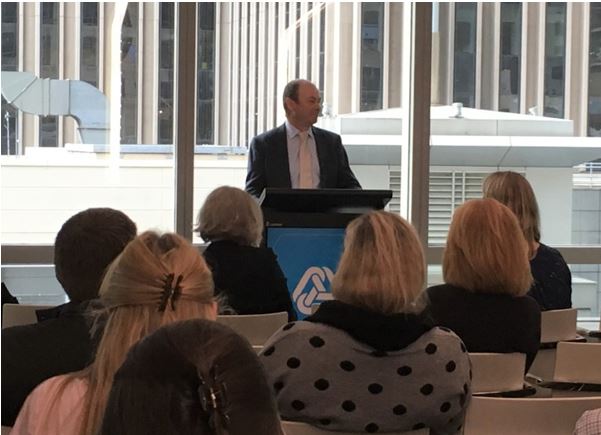Tuesday (June 5th) was World Environment Day. While many politicians are still in denial about the reality of climate change, large businesses around the world are taking up the challenge to save the planet.
It is my contention that the world will avoid the worst of catastrophic climate change, not because of the political will required to decarbonize our polluted atmosphere, but because it makes sound financial sense to do so. Even companies like BHP who are heavily invested in fossil fuel have recognised the need to make an orderly transition to cleaner power sources.
You may feel that ‘big business’ is part of the problem, but in fact it is driving the agenda for change. For example it is now impossible to obtain finance or make a profitable case to build new coal fired power stations in a world where new wind and solar power plants are now so much cheaper. Motor manufacturers are scrambling to build electric vehicles and the race is on to find effective energy storage solutions. Large investment funds and sovereign pension funds are applying an ethical lens to their investment decisions and those companies who fall short of their environmental, sustainability and governance expectations will find it harder and more expensive to raise capital. Money really does make the world go around, and in this case it is the money trail that is decarbonizing our planet in the nick of time.
My own employer is no exception and I have the good fortune to run a department that spends roughly two billion dollars of its money on a wide range of goods and services. We have decided to put our own ethical lens on how we spend the company’s money and on Tuesday I was asked to present our plans to a group of our environmentally conscious employees.
As well as the usual swag of measures aimed at substituting our goods with environmentally sustainable equivalents, there was one measure that really hit a chord with the audience. It is my team’s intention to include at least one organisation that is majority owned by socially disadvantaged members of our society in every competitive tender that we do. These organisations provide employment and opportunity for individuals from aboriginal backgrounds, the disabled or members of society who have fallen on hard times and are seeking a second chance. These companies may not win the bid, but our commitment is to give them a full debrief of what they need to do next time around. Our hope is that over time they can convert ‘near losses’ to winning lucrative contracts with our company at competitive rates and with service levels equivalent to the best in the country.
Our hope is that we can restore pride, dignity and opportunity to those who may have been short of confidence that the rest of us take for granted. If even one percent of our spend goes to these organisations, imagine the difference we can make to people’s lives!
We want our company’s employees to feel proud and confident that their money is spent in a competitive but ethical, sustainable and socially responsible manner. We are aware that our purchasing decisions affect the economy, environment and communities in which it operates. If you feel the same way about your company, give your Procurement manager a call and ask him or her how your company’s money is being spent.
Leave a Reply Cancel reply
This site uses Akismet to reduce spam. Learn how your comment data is processed.

